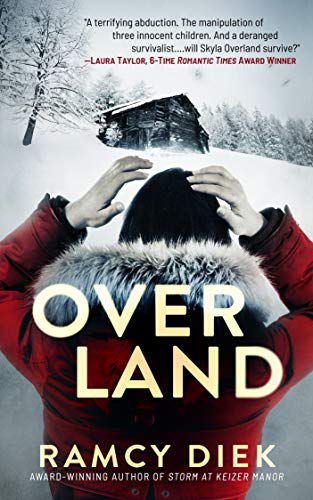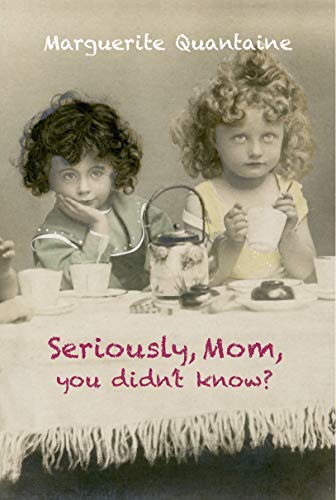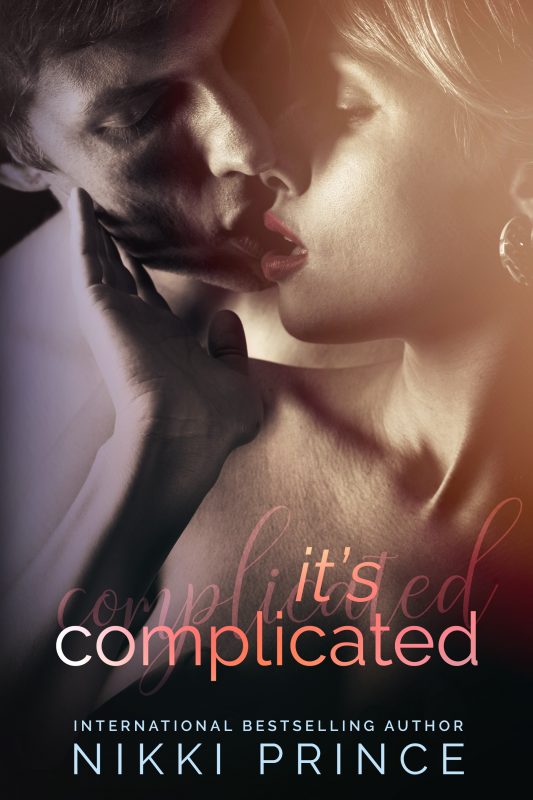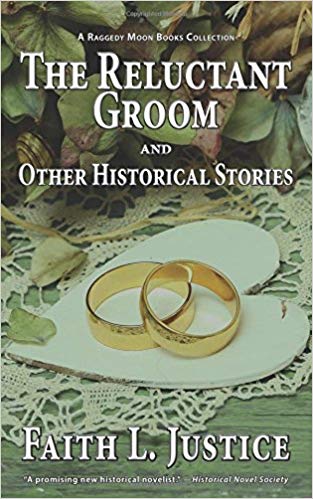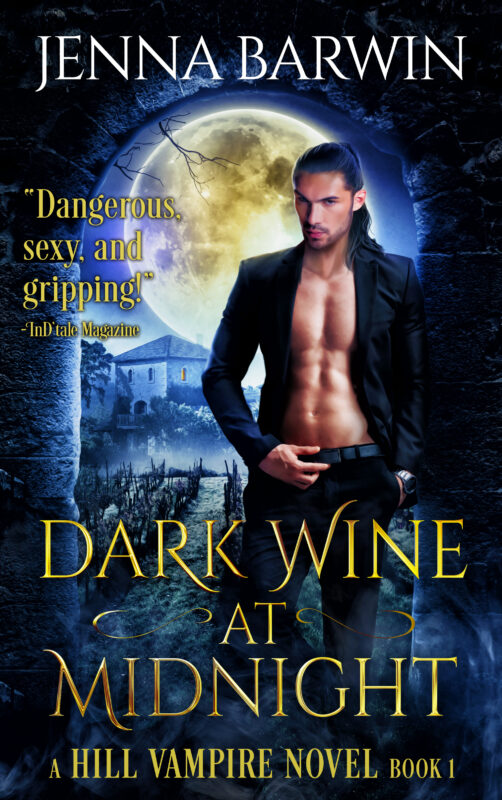In The Zone
April 25, 2024 by Kidd Wadsworth in category Infused with Meaning by Kidd Wadsworth, Writing tagged as characters, happy writing, in the writing zone, kidd wadsworth, techniques
You’ve been there. Writing as fast as you can type, scared that you won’t be able to get all that fantastic dialogue currently flooding your mind, down on the paper before it slips away. You are IN THE ZONE.
I remember a summer day when I was writing in my dining room, every word an effort, the scene falling flat. I’d been at it for hours. I kept thinking, “If I just sit here and keep working it will come.” Eventually, I got up, went into the kitchen and began washing dishes. That’s when I saw him. He darted around the corner. Then I heard him speaking in my mind, as clear as if he was standing next to me. I dried my hands and returned to write one of the best chapters I’ve ever created, personally dictated to me, by a wonderful little boy—my protagonist.
But how do I get into the zone reliably, every day?
Truthfully, I don’t get in the zone every day. But I do get there often. Here are my two best strategies.
First, I speak—out loud—with the voice of my character. When my character is sad, I cry. When she is angry, I rage at full volume. When she is lonely, I ache. When she is afraid, I run for my life—literally. I run through the house, up the stairs, and hide in the closet. I feel what my character feels, I do—as much as possible—what my character would do. I become her.
Once I woke in the night. Earlier that day I had been crafting a short story about a young woman who was hunted by a demon. As I typed the scene I had just dreamed, I began to see moving shadows in the dark room. I hadn’t turned on any lights because I didn’t want to wake my husband. As I worked, the fear within me built to such a level that my trembling fingers kept typing the wrong letters. When I finally got the last words down, I hurriedly fled back to bed and woke my husband. “Tell me it’s not real,” I said. He put his arms around me. “Have you been writing again?”
When the zone happens, I typically write in first person regardless of the POV the story eventually will have. I do this to capture the character and the emotions I am feeling. Once down on the page I can easily shift into another POV.
My second technique is music—and dancing. I deliberately chose a piece of music to play when I begin a new story. Whenever I open that file on my computer, I also play the music. This helps me ground myself in the world of my character. However, music alone is typically not enough to get me in the zone. I must also dance—the wilder the better.
Happy Writing!
Kidd Wadsworth
2 1 Read moreThe Character Must Die
April 22, 2024 by Veronica Jorge in category Write From the Heart by Veronica Jorge tagged as characters, letting go, Veronica Jorge, writing
I killed one of the characters in my novel.
(It was more like two, but I have no qualms about the second one.)
I came up with a death scene I really liked and just had to use it, so someone had to “go.”
I’m still not sure if it was in the best interest of the story, or if I’m just stuck on having to use a particular description.
As I reflect on the sequence of events and the wording, and debate the character’s fate; to live or not to live? I think about language in general and the nuances contained therein.
The English “goodbye”, like the characters in a book, can be so finite. Here today, gone tomorrow.
In contrast, parting words in other languages encompass a world of possibilities of that which is yet to be experienced. Whether it’s, auf wiedersehen in German, arrivederci in Italian, or hasta luego in Spanish, each expresses the probability, and the hope, that we will meet again. Even the Japanese rarely use sayonara, unless it really is “the end.”
In life, as in writing and in reading, I prefer the meanings that other languages provide for that interim we call separation. And I would like to think that the characters we create in our imaginations, that eventually inhabit the pages of a book, continue on, not only in our own minds, but in the minds, and perhaps the hearts, of our readers.
So, if I must terminate one of my characters, I’ll think of them as an old soldier who has faithfully served, and comfort myself with the words of General Douglas MacArthur.
“Old soldiers never die, they just fade away.”
And I realize that no matter how wonderful a story may be, as we grow and change, some of the characters we loved best as writers and readers do fade away and/or are replaced by others.
But, they never really die.
We meet them over and over again in the ways they have touched us and changed us, and have made us different and maybe, even better, for having met them.
See you next time on May 22nd.
Veronica Jorge
0 1 Read moreBringing Memorable Characters to Life
August 29, 2023 by marianne h donley in category Ages 2 Perfection Online Class, Online Classes tagged as Aged to Perfection Online Class, Character development, characters, Online Class, Sally kilpatrick
Bringing Memorable Characters to Life
Presented by: Sally Kilpatrick
Date: September 18 – 29, 2023 (two weeks)
Registration Closes: September 26, 2023
Pricing: A2P Member fee: $15
Non-A2P Member fee: $25
About the Workshop:
Characters, whether hated or beloved, keep readers coming back for more. People can often forgive plot holes, sagging middles, slow openings, and any number of other storytelling sins as long as we writers give them characters to love. In this course, learn tricks and techniques for creating characters your readers will remember long after they put down your book.
About the Presenter:
Sally Kilpatrick is the USA Today bestselling author of six novels. She has won multiple awards, including the 2018 and 2019 Georgia Author of the Year, the Maggie Award of Excellence, and the Nancy Knight Mentorship Award. Her latest release is a Christmas romcom novella, The Not So Nice List. She lives in Marietta, GA with her one husband, two kids, and two cats. You can find her at www.sallykilpatrick.com or on Twitter, Instagram, and Facebook as @Superwritermom.
0 0 Read moreCharacter Goals
February 23, 2022 by marianne h donley in category Ages 2 Perfection Online Class, Online Classes tagged as Aged to Perfection Online Class, characters, Online Class, Planning, writing
Character Goals
Presented by: Jen Bokal
Date: March 12, 2022 9AM PT
Pricing: A2P Member fee: No Charge
Non-A2P Member fee: $10
About the Workshop:
To many writers, a novel plan is akin to a soul-killing outline learned in grammar school, complete with Roman Numerals and indentations. Yet, to sit down at a computer and begin working without any intention—other than to write a novel—often ends up with an unfinished manuscript and a frustrated author. This workshop with help to develop characters and their goals, along with exploring how they can reach those goals in a dramatic and engaging fashion.
About the Presenter:
Jennifer D. Bokal penned her first book at age eight. An early lover of the written word, she decided to follow her passion and become a full-time writer. From then on, she didn’t look back. She earned a master of arts in creative writing from Wilkes University and became a member of the Romance Writers of America and International Thriller Writers. She has authored several short stories, novellas and poems. Winner of the Sexy Scribbler in 2015, Jennifer is the author of 16 novels/novellas. Included in her titles are the Ancient World Historical series the Champions of Rome and the Harlequin Romantic Suspense series, Rocky Mountain Justice and the connected series, Rocky Mountain Justice: Wyoming Nights. She is also the author of Coltons Secret History, Book 3 in the Coltons of Kansas series and Coltons Internal Affair, Book 9 in the Coltons of Grave Gulch series—also from Harlequin Romantic Suspense. Happily married to her own Alpha Male for more than 25 years, she enjoys writing stories that explore the wonders of love. Jen and her manly husband live in upstate New York with their three beautiful daughters, two very spoiled dogs, and a kitten that aspires to one day become a Chihuahua.
0 0 Read moreUsing Journal Entries in Your Manuscript
September 12, 2021 by Denise M. Colby in category The Writing Journey by Denise Colby tagged as characters, historical romance, journalsEarly on, I wanted my heroine to have a journal. Not quite sure why, but capturing her journey through a journal stuck as I brainstormed my scenes. Some writers write character journals for their characters to help them see things from their character’s perspective. But for me, I wanted my heroine to actually have a journal in my story.
Have you read many books using journal entries throughout the story?
I actually have come across a very limited amount of books using journal entries throughout the story. In my manuscript, there is an entry at the beginning of every chapter. I was excited a few years ago to find a book that had this and found that it worked. But I haven’t found a lot of books this way, so that’s a good thing.
I’m even considering it to be possibly a thing I do in all of them, but we will see.
I’m curious to know if this is something that appeals to readers or not.
I have seen a journal or diary entry as a plot point or in a scene. I actually have some of those as well since her writing in her journal is part of her story.
Do you write in a journal?
If you do, do you ever worry about someone reading what you wrote?
My heroine gets handed a journal upon her start as a teacher. In it, she’s instructed to write down the events of her days to capture what happens as a female teacher who moves West to teach in small pioneer towns.
Olivia finds her journal to be a close confidant. She enjoys documenting her observances about the places she’s been and the people she meets. Given that it’s 1869 and traveling by train across the country is a new and unprecedented event, the importance in capturing the momentous occasion is not lost on her.
She’s also very protective of her book. It never leaves her side and she would never leave it out so that someone could read it. But even if they did, she is very careful what she writes, never putting to paper her own thoughts and opinions, just in case someone else might read it and pass judgement on her.
See judgement stings and her fear of being judged stems from…well…I don’t want to give too much away.
Creating realistic journal entries
I created a small diary in Olivia’s hand, so that I could think like her and feel what it might’ve been like all those years ago to have a small diary to write down words that could be read one hundred years later.

What she was doing was so new in 1869.
Traveling across the country, women came west to teach in one-room schoolhouses and in order to make a difference in the life of a child, and for herself as well.
I wonder, in real life, how many of them kept a journal? And if they had any idea that we would be reading what they wrote so many years later?
Denise loves journals and has several laying around her home at any given time. She wrote about her bullet journal page design ideas for writers in an earlier post and this year she started a journal just for her word of the year quotes. The one she uses the most is her prayer journal. Check out her how to start a prayer journal page on her website.
2 0 Read moreAffiliate Links
A Slice of Orange is an affiliate with some of the booksellers listed on this website, including Barnes & Nobel, Books A Million, iBooks, Kobo, and Smashwords. This means A Slice of Orange may earn a small advertising fee from sales made through the links used on this website. There are reminders of these affiliate links on the pages for individual books.
Search A Slice of Orange
Find a Column
Archives
Featured Books
SERIOUSLY, MOM, YOU DIDN’T KNOW?
Life is a silver lining for those of us willing to scrape the surface of adversity.
More info →IT’S COMPLICATED
Ashton Locke has had a thing for Keiko Jarrett since college.
More info →THE RELUCTANT GROOM AND OTHER HISTORICAL STORIES
Enjoy historical fiction? Like short stories? Then dive into this collection of historical shorts by an award-winning author.
More info →DARK WINE AT MIDNIGHT
To save humanity, a reluctant spy must convince a handsome vampire to trust her, despite the dark secrets each carries, and the mutual attraction they can’t resist.
More info →Newsletter
Contributing Authors
Search A Slice of Orange
Find a Column
Archives
Authors in the Bookstore
- A. E. Decker
- A. J. Scudiere
- A.J. Sidransky
- A.M. Roark
- Abby Collette
- Alanna Lucus
- Albert Marrin
- Alice Duncan
- Alina K. Field
- Alison Green Myers
- Andi Lawrencovna
- Andrew C Raiford
- Angela Pryce
- Aviva Vaughn
- Barbara Ankrum
- Bethlehem Writers Group, LLC
- Carol L. Wright
- Celeste Barclay
- Christina Alexandra
- Christopher D. Ochs
- Claire Davon
- Claire Naden
- Courtnee Turner Hoyle
- Courtney Annicchiarico
- D. Lieber
- Daniel V. Meier Jr.
- Debra Dixon
- Debra H. Goldstein
- Debra Holland
- Dee Ann Palmer
- Denise M. Colby
- Diane Benefiel
- Diane Sismour
- Dianna Sinovic
- DT Krippene
- E.B. Dawson
- Emilie Dallaire
- Emily Brightwell
- Emily PW Murphy
- Fae Rowen
- Faith L. Justice
- Frances Amati
- Geralyn Corcillo
- Glynnis Campbell
- Greg Jolley
- H. O. Charles
- Jaclyn Roché
- Jacqueline Diamond
- Janet Lynn and Will Zeilinger
- Jaya Mehta
- Jeannine Atkins
- Jeff Baird
- Jenna Barwin
- Jenne Kern
- Jennifer D. Bokal
- Jennifer Lyon
- Jerome W. McFadden
- Jill Piscitello
- Jina Bacarr
- Jo A. Hiestand
- Jodi Bogert
- Jolina Petersheim
- Jonathan Maberry
- Joy Allyson
- Judy Duarte
- Justin Murphy
- Justine Davis
- Kat Martin
- Kidd Wadsworth
- Kitty Bucholtz
- Kristy Tate
- Larry Deibert
- Larry Hamilton
- Laura Drake
- Laurie Stevens
- Leslie Knowles
- Li-Ying Lundquist
- Linda Carroll-Bradd
- Linda Lappin
- Linda McLaughlin
- Linda O. Johnston
- Lisa Preston
- Lolo Paige
- Loran Holt
- Lynette M. Burrows
- Lyssa Kay Adams
- Madeline Ash
- Margarita Engle
- Marguerite Quantaine
- Marianne H. Donley
- Mary Castillo
- Maureen Klovers
- Megan Haskell
- Melanie Waterbury
- Melisa Rivero
- Melissa Chambers
- Melodie Winawer
- Meriam Wilhelm
- Mikel J. Wilson
- Mindy Neff
- Monica McCabe
- Nancy Brashear
- Neetu Malik
- Nikki Prince
- Once Upon Anthologies
- Paula Gail Benson
- Penny Reid
- Peter J Barbour
- Priscilla Oliveras
- R. H. Kohno
- Rachel Hailey
- Ralph Hieb
- Ramcy Diek
- Ransom Stephens
- Rebecca Forster
- Renae Wrich
- Roxy Matthews
- Ryder Hunte Clancy
- Sally Paradysz
- Sheila Colón-Bagley
- Simone de Muñoz
- Sophie Barnes
- Susan Kaye Quinn
- Susan Lynn Meyer
- Susan Squires
- T. D. Fox
- Tara C. Allred
- Tara Lain
- Tari Lynn Jewett
- Terri Osburn
- Tracy Reed
- Vera Jane Cook
- Vicki Crum
- Writing Something Romantic
Affiliate Links
A Slice of Orange is an affiliate with some of the booksellers listed on this website, including Barnes & Nobel, Books A Million, iBooks, Kobo, and Smashwords. This means A Slice of Orange may earn a small advertising fee from sales made through the links used on this website. There are reminders of these affiliate links on the pages for individual books.

